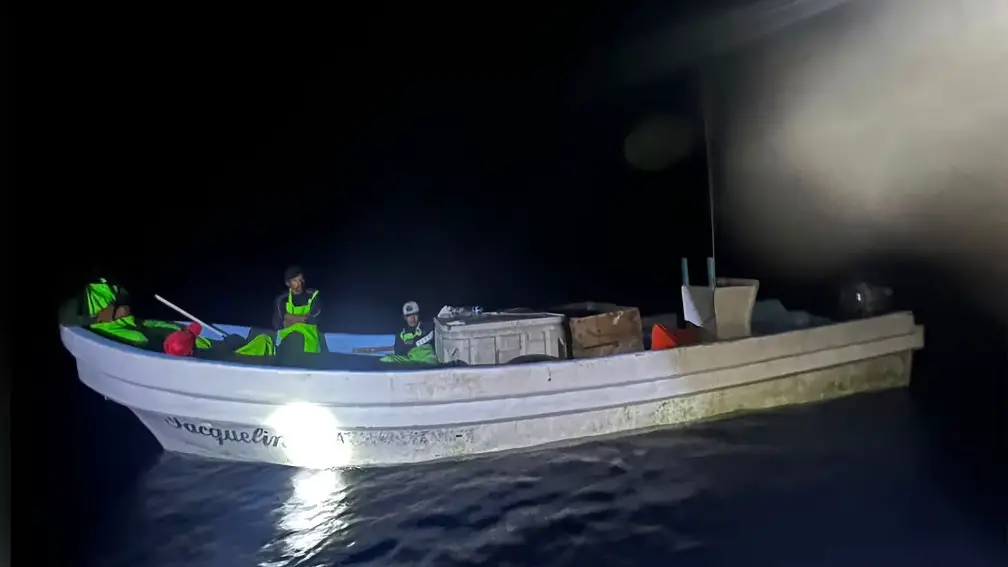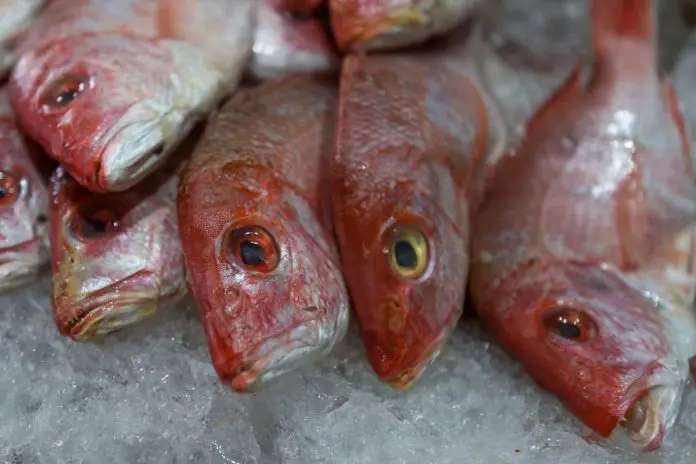U.S. authorities have sanctioned five alleged members of Mexico’s Gulf Cartel for smuggling red snapper fish caught in U.S. waters. The sanctions consist of property seizures and other penalties imposed by the Office of Foreign Assets Control.
On Tuesday, the U.S. Treasury Department accused the alleged cartel members of using fishing boats to facilitate drug and migrant smuggling under the guise of being commercial fishermen. During these journeys, the U.S. government claims, the boats fish for red snapper, a commercially valuable but ecologically vulnerable species.

The magazine Newsweek describes the Gulf Cartel as one of the most powerful crime syndicates in Mexico while identifying the northern border cities of Reynosa and Matamoros — both in the state of Tamaulipas and across from McAllen and Brownsville, Texas – as strongholds for the cartel. The boats, U.S. officials said, often launch from Playa Bagdad, east of Matamoros, on the Gulf coast.
The Department claims transnational criminal organizations rely on a variety of illicit schemes to fund operations. Illegal fishing is one of the latest.
“The Gulf Cartel engages in the illicit trade of red snapper and shark species … based out of Playa Bagdad,” the Department said. “Apart from their use for IUU (illegal, unregulated, or unreported) fishing in U.S. waters, [the boats] are also used to move illicit drugs and migrants into the United States.”
The fishing of red snapper and shark species is strictly regulated in the United States. Because those species are more abundant there, Mexican fishermen cross into U.S. waters.
“They then bring their catch back to … Mexico, where the product is ultimately sold and, oftentimes, exported into the United States,” the Department alleges. “This activity earns millions a year … and also leads to the death of other marine species inadvertently caught by the accused.”
Francisco Javier Sierra Angulo, 35, alias “El Borrado,” was identified by Treasury officials as the prime suspect. Sierra Angulo is believed to be the leader of the Gulf Cartel in Matamoros.
Also named were Raúl Decuir García, 53, alias “La Burra”; Ildelfonso Carrillo Sapien, 48, alias “El Chivo”; and brothers Ismael “Mayelo” Guerra Salinas, 35, and Omar “Samorano” Guerra Salinas, 38.
The Guerra Salinas brothers allegedly run the Gulf Cartel’s operations in Playa Bagdad. The other two suspects operate the fishing boat company.
